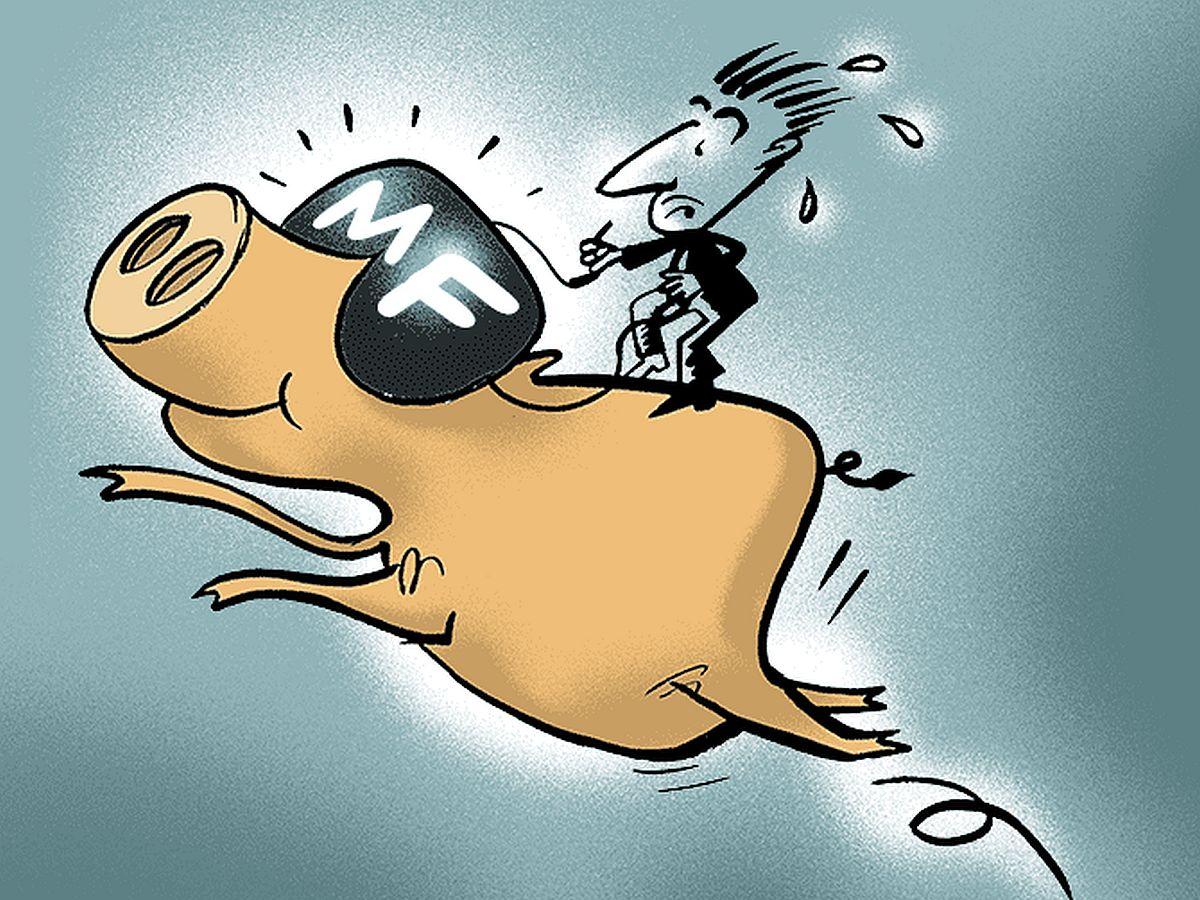Sebi Urges Mutual Funds to Conduct Stress Tests

The regulator's stress testing emphasizes the need to assess and manage liquidity risks, especially in small and midcap equity schemes.
Speaking at a mutual fund event, Gopalakrishnan highlighted the importance of modelling stress scenarios not just for individual schemes or fund houses but for the entire mutual fund ecosystem.
"It is also important to model stress scenarios for the entire composite mutual fund ecosystem. I would strongly encourage the industry and AMFI to take the lead and proactively conduct objective and credible industry wide stress tests. themselves," Gopalakrishnan said.
He also emphasized the need to find better ways to communicate the risks associated with different mutual fund schemes.
The Sebi official mentioned that while the current risk measurement system is straightforward and has had a significant impact, it doesn't fully capture the differences in risks among various investment schemes.
According to him, many schemes are just labelled as high risk, even though they have different kinds of risks. The goal is to improve this system to better reflect those differences while keeping it simple and easy to understand. One possible approach is to consider the portfolio's volatility and liquidity from stress tests to give a clearer picture.
"While ensuring simplicity and ease of understanding remains a key objective, perhaps the underlying volatility of the portfolio along with the liquidity of the portfolio from stress tests could be used to provide better colour all around," he added.
This comes at a time when the holdings of mutual funds by Domestic Institutional Investors (DIIs) and individuals have risen from about 54.3 per cent of free float of all mid cap and small cap companies as of March 2020 to 60.6 per cent as of March 2024.
Several fund houses have proactively stopped lump sum investments in some small-cap schemes and also capped the amount that can be invested through Systematic Investment Plan (SIP) into small-cap schemes.
He also highlighted the potential mismatch between the demand for paper and the supply of fresh paper coming into the ecosystem.
Gopalakrishnan said the industry can make more progress in streamlining operations and improving efficiency for investors.
"At a time when instantaneous fund transfers have become ubiquitous in our country, perhaps we should look to improve our internal processes and the security settlement ecosystem to ensure that funds are passed on to investors on the day of the settlement itself rather than a day after or two days after," he added.
Over the last few years, the mutual fund industry has made impressive strides and is now playing a crucial role in channeling financial savings towards risk capital formation. This was driven by stable macros, increased formalization, robust corporate earnings, digitisation and user friendly access.
Moreover, the number of mutual fund investors has grown significantly from about 2 crore as of March 2019 to nearly 4.7 crore as of June 2024, an impressive compounded annual growth rate of 18 per cent during that period.
Gopalakrishnan mentioned that several exciting initiatives are in the works, developed with input from all stakeholders. These include a proposed low-ticket SIP, further breaking down regular SIPs into smaller, more accessible units (sachetisation and tokenization), and the introduction of "mutual funds lite" regulations. These new regulations will simplify rules for passively managed funds, reducing the compliance burden and encouraging competition and innovation.
Additionally, a new class of higher-risk schemes is proposed for investors with a greater capacity to handle risk.
You May Like To Read
MORE NEWS
Samsung's new Galaxy S25 series will be manufactured in India, boasts enhanced AI...
Maharashtra government signs 54 MoUs worth Rs 15.70 lakh crore at Davos, including a Rs...
Karnataka will announce new industrial, EV and clean mobility policies at the Karnataka...
HCLTech and MIT study reveals challenges in adopting responsible AI, highlighting...
Go Digit's net profit for Q3 FY25 surged by almost 300% to Rs 119 crore, driven by...
KPMG report highlights India's digital potential for inclusive growth and becoming a...
JSW UAV Ltd. has signed an MoU with the Telangana government to establish a...
India's Commerce Minister sets an ambitious target to register 10,000 Geographical...
Union Minister Sonowal highlights Wadhawan Port's potential to elevate India to the top...
HUDCO's consolidated net profit for the December quarter rose 42% to Rs 735.03 crore,...